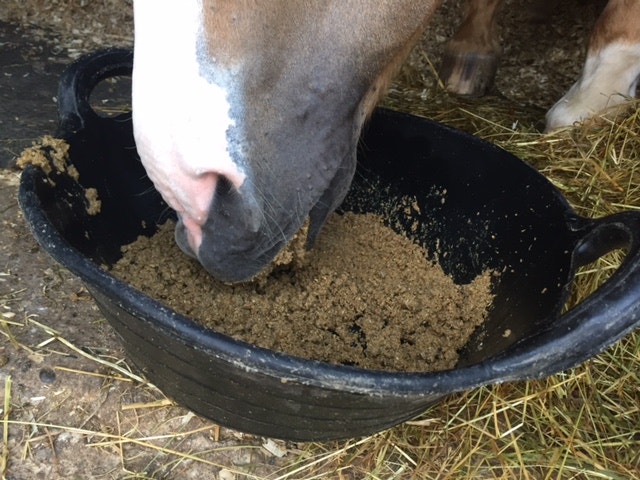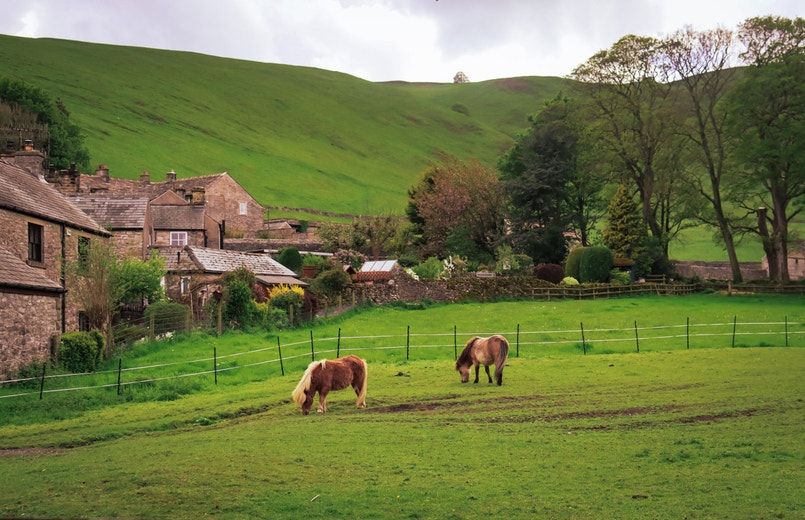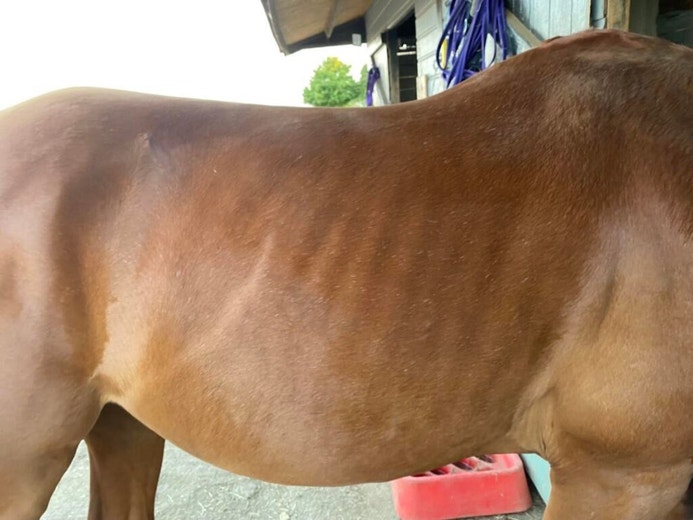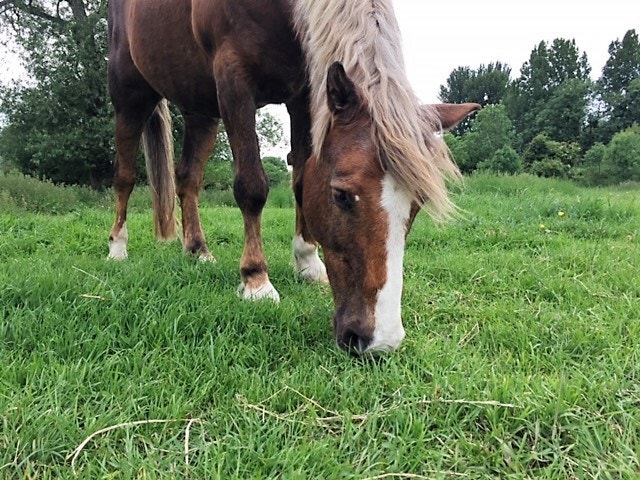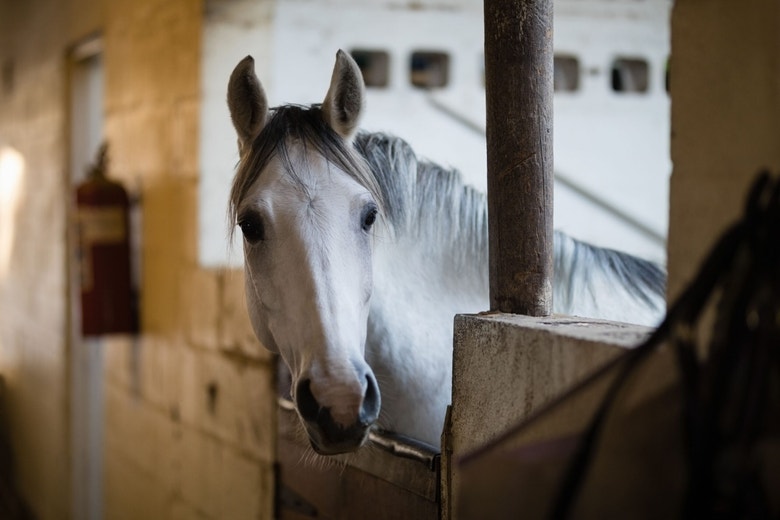Keeping Your Horse Hydrated: Essential Tips from SPILLERS
One of the fundamental aspects of horse management, especially during the hotter months, is maintaining optimal hydration. Whether your horse is a seasoned competitor or enjoys leisurely rides through the countryside, hydration plays a crucial role in their overall health and performance.
Why Hydration Matters
Adequate hydration is vital for the proper functioning of a horse's body. Much like humans, horses rely on water for various physiological processes, including digestion, temperature regulation, and nutrient transport. However, unlike humans, horses are not as adept at replenishing lost fluids, making them more susceptible to dehydration, particularly during hot weather or periods of intense exercise.
Dehydration not only compromises a horse's performance but also poses significant health risks, such as colic. Horses store large amounts of water in their gastrointestinal tract, and dehydration can lead to impaction colic, a potentially life-threatening condition.
Assessing Hydration Levels
Monitoring your horse's hydration status is essential for early detection of dehydration. While the "skin pinch test" was once a popular method, it does have some limitations. In addition, observe your horse for signs such as dark urine, lethargy, depressed appearance, and dry mucous membranes. Consulting a veterinarian for a thorough assessment, including blood tests, is advisable if you suspect severe dehydration.
How Much Water Should a Horse Consume?
On average, a horse should consume between 20 to 30 litres of water per day, though individual requirements may vary. Factors such as weather, activity level, and diet influence water intake. Providing clean, fresh water at all times is essential to encourage regular drinking. Some horses may prefer warmer water during colder months, so adding a little hot water to their bucket can be helpful.
Encouraging Hydration: Practical Tips
While you can lead a horse to water, encouraging them to drink is another matter. Here are some tips to promote hydration:
- Monitor Water Quality: Ensure water sources are clean and free from contamination. Regularly clean water troughs and buckets to maintain freshness.
- Consider Diet: Incorporating soaked feeds such as SPILLERS™ Perform & Restore Mash or soaking hay can increase moisture intake and aid in hydration.
For horses that can be fussy with water, when travelling long distances or extended stays away from home, a mash could be helpful to rehydrate them. Always offer plain water too, however, additional water can always be added to the mash to make a soup-like consistency that horses can slurp and drink. It’s a super technique to get them hydrated and a great tool for long journeys or in hot weather. Furthermore, horses at greater risk of muscle myopathies or digestive upsets could be aided by the increased water and fibre intake from a mash feed.
- Offer Electrolytes: Electrolyte supplements can replace lost minerals and encourage drinking, especially after exertion or during hot weather. However, consult a nutritionist for proper dosage and administration.
- Provide Shade and Shelter: Access to shade is crucial, especially during hot weather, to prevent overheating.
- Manage Herd Dynamics: Ensure all horses have equal access to water sources, as dominant horses may prevent others from drinking. Adding additional troughs or separating aggressive individuals can help alleviate this issue.
- Travel Considerations: Offer water regularly during long journeys and allow time for relaxation and hydration upon reaching the destination.
The Role of Electrolytes
Electrolytes are involved in many essential processes including the transmission of nerve impulses, muscle contractions (including those that make your horse’s heart beat!), controlling the movement of water around the body and maintaining the body’s pH (acidity level). Electrolytes are lost from the body in urine, droppings and sweat and therefore need to be replaced by the diet. The main electrolytes lost in sweat are sodium, potassium and chloride. Forage is typically high in potassium so for many horses simple table salt (the salt you put your chips!), which is a combination of sodium and chloride, is an effective supplement. If the majority of sodium lost in sweat is replaced by table salt, chloride requirements will typically be met too for most horses in the UK (additional considerations may be needed for endurance horses). For more information on electrolytes read our blog: https://www.spillers-feeds.com/articles/salt-made-simple
Conclusion
Ensuring your horse remains hydrated is essential for their health and performance, particularly during the warmer months. By monitoring your horse's water intake, and implementing practical strategies to encourage hydration, you can ensure your equine companion thrives. Remember, a well-hydrated horse is a happy and healthy one. For personalised nutritional advice tailored to your horse's needs, don't hesitate to reach out to our team of nutrition advisors at SPILLERS. https://www.spillers-feeds.com/CONTACT-US
